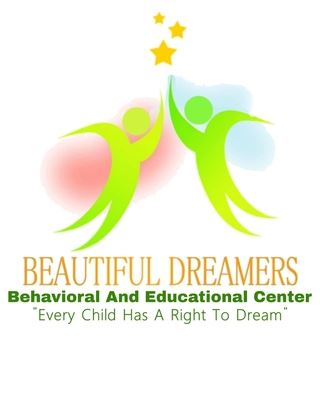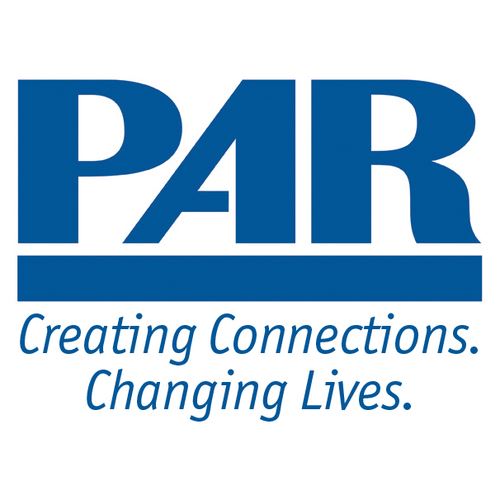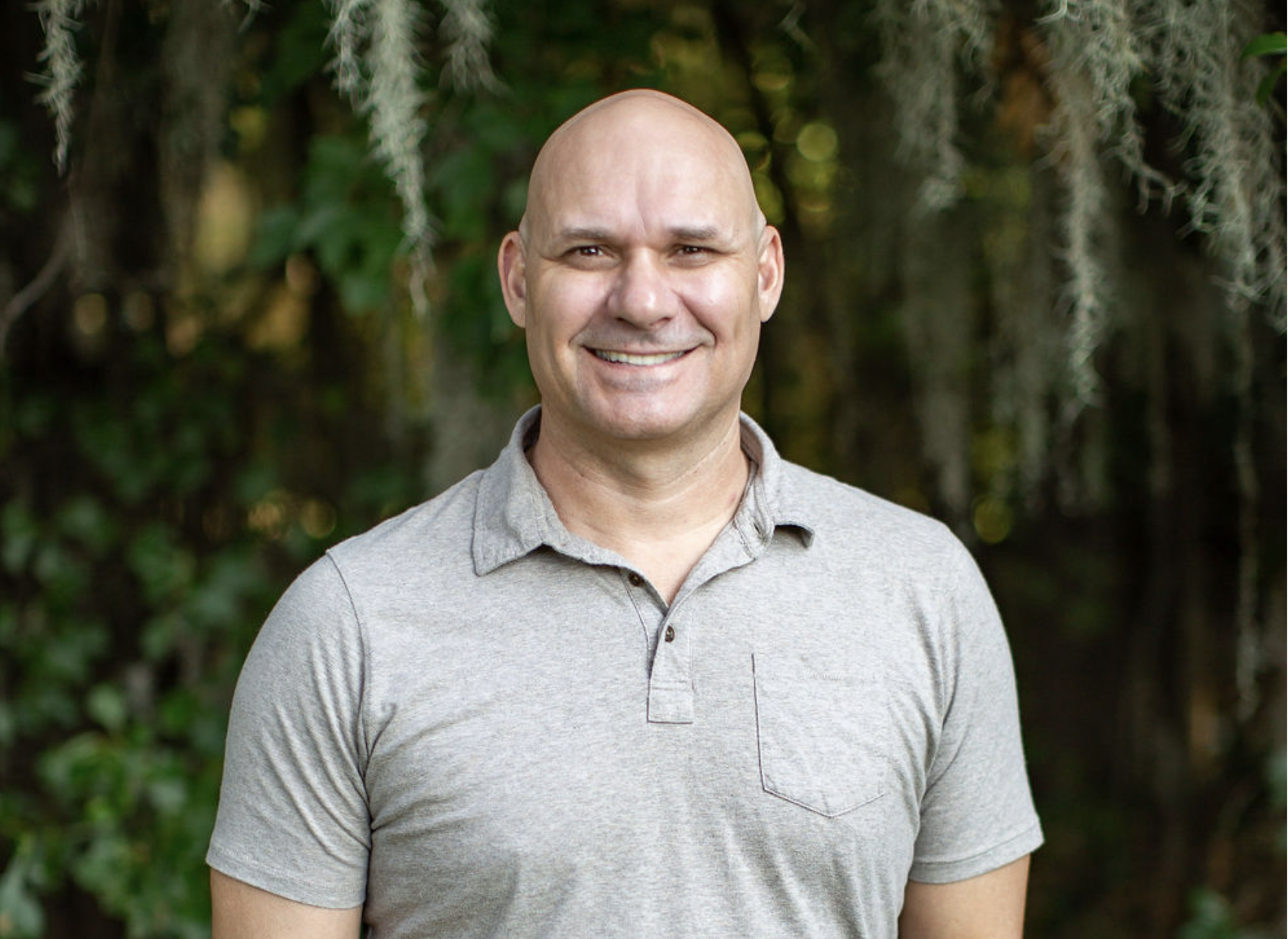

Live and Online a Hybrid event both In-Person (U.S. Virgin Islands and via Zoom)
October in-person has been cancelled but the event will continue online live for October.
November is still no longer in-person. The entire event is online. - Updated 10.31.23
Schedule of Live vs. Asynchronous Instruction:
Participants will participate in live/synchronous didactic instruction and demonstration on 10/18 and 10/19 for 16 hours (Phases I and II) and on 11/15 and 11/16 (Phases III and IV) for 16 hours. Between these two live sessions and after the second live session, participants will complete 8 hours of “hands on” assignments, which will be submitted online and reviewed and critiqued by instructors. All assignments are due by 11/23/23.
Description:
Many mental health professionals want to conduct quality forensic and clinical evaluations, but most were under-trained in graduate school and require additional training in the administration and interpretation of tests commonly used in clinical and forensic mental health settings. This workshop is a 40-hour introductory course in which attendees attend lectures with instructors who are experienced in the administration and interpretation of tests. Attendees can interact with the presenters through email to ask questions, send homework assignments, and receive feedback to ensure that they understand the course material. All attendees who are licensed mental health professionals and who complete all 40 hours of the training course also receive a letter from Psychological Assessment Resources (PAR), one of the nation's largest test distributors, attesting to Level C test qualification status.
The use of testing and appraisal instruments has become the rule rather than the exception in the current clinical and forensic arenas. Research and best practices have emphasized that objective testing is more accurate, accessible, and accepted in the courtroom as well as other forensic settings. Unfortunately, many practitioners are woefully under-educated and trained on these valuable tools. For this reason, NBFE has developed a comprehensive training program to help mental health professionals become more adept, confident, and practiced at utilizing these instruments. The goal is to ensure that these tools are used appropriately, consistently, ethically, and in a manner that affords the practitioner the best possible information in any forensic mental health setting.
Fundamental to this course are explanations of theoretical concepts underlying testing and assessment. Content will include use of the scientific method as a basis for engaging in critical thinking and the evaluation of sources of information, a review of empirical studies in psychology to evaluate research findings and evaluate claims of reliability and validity, articulate controversial and ethical issues in testing, use computer technology and appropriate software to complete assignments, and work effectively in small groups. In addition to discussion of theoretical concepts, attendees will learn the history of testing; how theories, principles and concepts are used in psychometric assessment and are applied in educational, clinical and employment settings; compute and interpret basic psychometric statistics; and create, pilot, analyze, and provide both a written report (in APA-style) and an oral presentation of the test development project.
Course Structure and Contents:
The 40-hour workshop is split into four phases thusly:
Phase 1: Overview of Ethical and Professional Guidelines for Testing, Malingering, and Personality Testing (10 hours)
This phase provides an overview of testing and appraisal, ethical considerations for testing, testing qualifications, and tests commonly used for personality testing, detection of malingering, and competency to participate in the legal process (e.g., SIRS-2, MCMI-IV, MMPI-2, TMM, PDRT, GCT, ECST, ILK, TOMI, PAI, etc.). Cultural competency related to testing and appraisal will be emphasized, with particular focus on French Creole-presenting individuals and Rastafarians.
To complete this phase successfully, attendees must complete the following tasks with 100% accuracy:
1. Identify several signs of potential malingering in a real case example;
2. Successfully score and interpret a SIRS-2 answer sheet from a real case;
3. Interpret scores from a Personality Assessment Inventory (PAI) test administration;
4. Complete an evaluation and feedback form for this phase.
Learning objectives for Phase 1 include the following:
1. Apply ethical principles and practice guidelines established by associations in the mental health professions when administering and interpreting psychological tests.
2. Identify signs and symptoms of malingering.
3. Administer, score, and interpret the Personality Assessment Inventory (PAI).
Phase 2: Tests for Child Abuse, Sexual Abuse, Substance Abuse, and Custody Evaluations (10 hours)
This phase provides a review of tests commonly used for substance abuse evaluations, child abuse evaluations, sexual abuse and violent potential evaluations, and child custody cases (e.g., SASSI-4, ASSIST, Bene-Anthony Family Relations Test, Parental Stress Index, TSCC, Checklist for Child Abuse Evaluation, Child Sexual Behavior Inventory, ASPECT, etc.). To complete this phase successfully, attendees must complete the following tasks with 100% accuracy:
1. Successfully score and interpret a SASSI-4 administration from a real case;
2. Successfully interpret an ASPECT-SF administration from a real case;
3. Complete an evaluation and feedback form for this phase.
Phase 3: Intelligence and Adaptive Behavior Testing (10 hours)
This phase provides an introduction to tests commonly used in the evaluation of intellectual disorders (i.e., IQ and adaptive behavior functioning) (e.g., ABAS-II, Vineland, RIAS, WISC-V, Terman Study of Intelligence, etc.). To complete this phase successfully, attendees must complete the following tasks with 100% accuracy:
1. Successfully score and interpret the Reynolds Adult Intelligence Scale (RIAS) from a real case administration;
2. Observe a video demonstration of an administration of the Wechsler Intelligence Scale for Children (WISC-3);
3. Complete an evaluation and feedback form for this phase.
Phase 4: Risk Assessment, Anger, Psychopathy, and Sexual Violence (10 hours)
This phase provides an introduction to tests commonly used for risk assessment, anger, and psychopathy (ACUTE, HCR-20, SVR-20, STAXI, Conners, HARE, PAI, etc.). Attendees also participate in a “wrap-up” of key points from the testing workshop. To complete this phase successfully, attendees must complete the following tasks with 100% accuracy:
1. Score and interpret a real case administration of the VRAG and SRAG;
2. Interpret response on the RCRAS and provide a summary of RCRAS results and interpretation;
3. Score and interpret an additional psychological test or screening instrument that is not covered in any of the four phases of the workshop via a real case administration;
4. Complete an evaluation and feedback form for this phase.
Schedule of Live vs. Asynchronous Instruction:
Participants will participate in live/synchronous didactic instruction and demonstration on 8/23 and 8/24/23 for 16 hours (Phases I and II) and on 10/26 and 10/27 (Phases III and IV) for 16 hours. Between these two live sessions and after the second live session, participants will complete 8 hours of “hands on” assignments, which will be submitted online and reviewed and critiqued by instructors. All assignments are due by 11/23/23.
To read a more detailed syllabus of course content, click here.
Notes and Disclaimers: The recorded lectures comprise approximately 30 of the 40 hours. An additional 10 ours of independent test administration and interpretation practice is included in the 40-hour course. Although completion of this workshop, in combination with a license to independently practice as a mental health professional, guarantees Level C testing qualification with PAR, it is ultimately the clinician's responsibility to ensure competency to administer and interpret any test or instrument. For example, this workshop provides an overview and demonstration of IQ testing, but clinicians should purchase a starter kit for an IQ test and complete practice administrations with appropriate supervision prior to using IQ tests in clinical settings.
Participants who attend the full course of training will receive a certificate from Psychological Assessment Resources, Inc. (PAR) attesting that the participant has met the standards for administering Class C tests. Also, although attendees are not required to purchase testing kits in order to successfully complete the program, those who elect to do so are eligible or a 20% discount with PAR.

About the Presenters

Vincentia Paul-Constantin, PhD, LPC
(GA/USVI), NCC
Dr. Vincentia Paul-Constantin is the Founder and Executive Director of Beautiful Dreamers Behavioral and Educational Center. Vincentia Paul-Constantin is a Licensed Mental Health Counselor in the Virgin Islands and the state of Georgia and is also a National Board Certified Counselor (NCC). Dr. Paul-Constantin is the Board Chair for the first Virgin Islands Board of Licensed Counselors and Examiners. With a bachelor’s degree in psychology, A master’s in student Personnel Administration and Counseling, A master’s in clinical Mental Health Counseling, A master’s in special education, PhD in Educational Leadership, and multiple certifications and add-ons in special education and mental health. Dr. Paul-Constantin believes in the holistic approach to supporting clients; especially those with Learning disabilities and Mental Illness. With a mission to support, cultivate and equip children and families to become the best that they can be, it has become her mission to work collaboratively with schools, agencies, and communities by providing culturally appropriate therapeutic interventions to meet the needs of individuals that are historically underserved and unrepresented.
Sub Cultures
French Creole presenting individuals: Rastafarians

Tom Black, PhD, LPC, CFMHE, CCCE, CFP
Dr. Black is a Licensed Professional Counselor who has been in private practice since 1998. Currently he serves as a member of the Georgia Composite Board for Professional Counselors, Social Workers, and Marriage & Family Therapists. He also serves as the Chair of the Rules Committee and on the Advisory Panel for the National Board of Forensic Evaluators.
Dr. Black has extensive experience and training in Cognitive-Behavior Therapy, REBT, and DBT. He works with a myriad of life issues but has particular expertise in Grief/Loss, Depression, Anxiety Disorders, PTSD, Impulse Control Issues, Relationship difficulties, and Adjustment Difficulties.

Aaron Norton, PhD, LMHC, LMFT, CFMHE, CFBA, CFP
Dr. Aaron Norton is a Licensed Mental Health Counselor and Licensed Marriage and Family Therapy with certifications in addictions, trauma treatment, forensic evaluation, rehabilitation counseling, psychometry, telehealth, and virtual reality therapy. He is the Executive Director of the National Board of Forensic Evaluators, Assistant Professor of Instruction at the University of South Florida's Department of Mental Health Law and Policy, Southern Regional Director and Ethics Committee Liaison for the American Mental Health Counselors Association, and Chair of the Government Relations Committee for the Florida Mental Health Counselors Association. Dr. Norton co-authored the forensic evaluation section of the American Mental Health Counselors Association's "Standards for the Practice of Clinical Mental Health Counseling" and assisted with revision of the forensic section of the "2020 AMHCA Code of Ethics." He has 20 years of clinical and forensic experience at Integrity Counseling, Inc., was awarded Mental Health Counselor of the Year by the American Mental Health Counselors Association and Counselor Educator of the Year by the Florida Mental Health Counselors Association in 2016, Researcher of the Year by Florida Mental Health Counselors Association and Public and Community Service Award by the American Mental Health Counselors Association in 2020, and has been published in several social science journals and professional magazines in clinical mental health counseling and related disciplines (e.g., American Journal of Orthopsychiatry, Psychotherapy and Politics International, Addiction Professional, Journal of Gay and Lesbian Social Services, Journal of Individual Psychology, Journal of Creativity in Mental Health, The Advocate Magazine, Counselor Magazine, Counseling Today, InSession Magazine).
